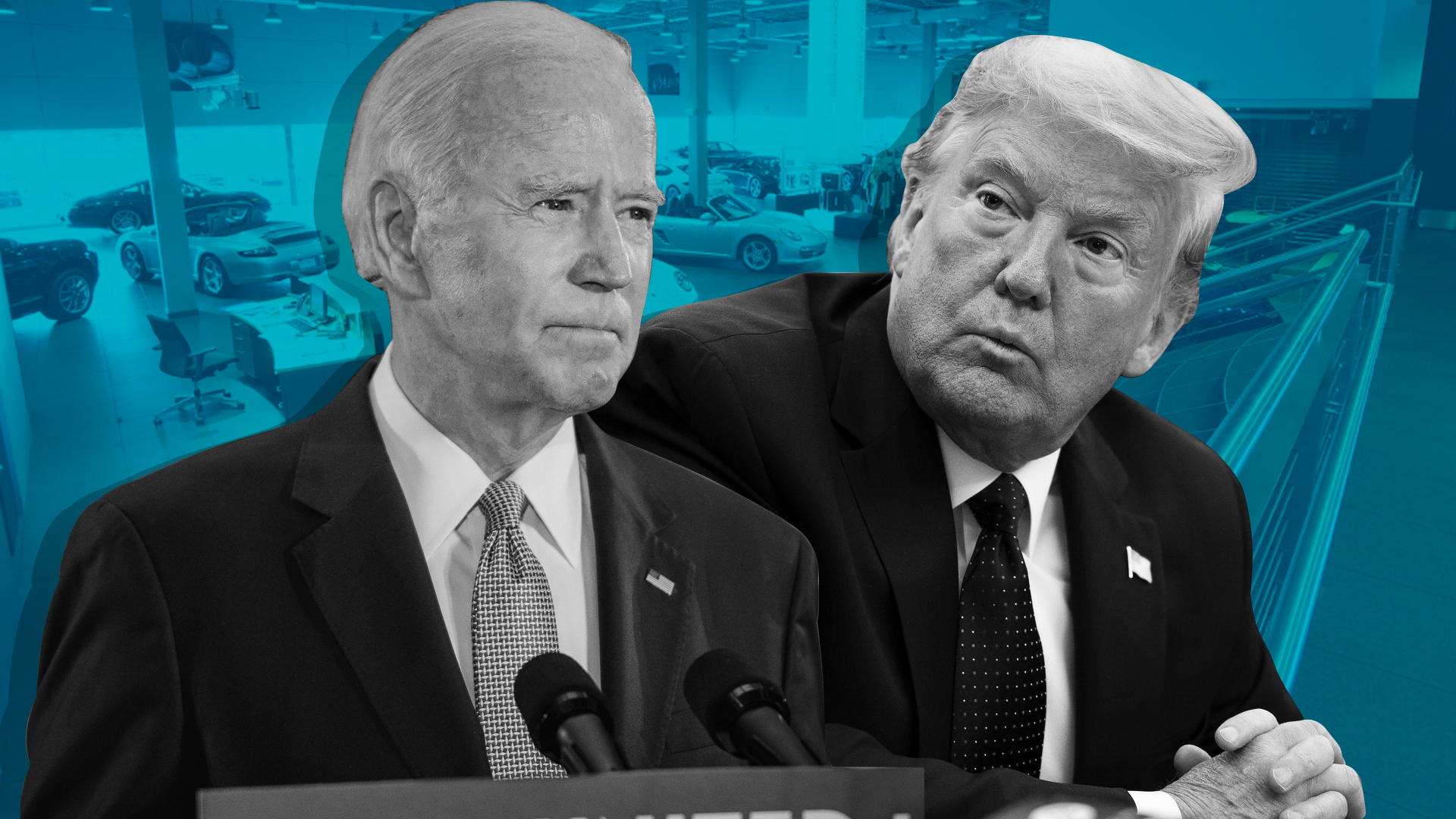The American election is coming on November 3rd, just ten weeks away, and polls are very close between the Trump-Biden camps, according to CNN’s tracking data. Without a doubt, the auto industry can expect very different effects depending on who earns the public’s trust and occupies the Oval Office for the next four-year term.
CBT News has taken claims from both the Republican incumbent and the Democratic presidential nominee to give head-to-head insight into what may come about for the auto industry in the United States.
USMCA
The trade agreement known as USMCA that replaces NAFTA went into effect on July 1st, 2020. The Trump administration made good on their promise to make corrections to the outdated trade policy with the intention to keep more high-paying jobs in America and ensuring higher domestic content for cars sold in the country.
Trump’s approach has been polarizing and can increase manufacturing costs for the auto industry, costs that eventually get passed onto the consumer.
Biden has previously supported the USMCA, stating, ” What I’ve seen change is that the vast majority of the labor movement supported it.”
New Auto Industry Jobs
Outlined in his campaign’s ‘Build Back Better’ plan, Joe Biden says that his government will increase jobs in the auto sector substantially. Through tax incentives, government purchases, and other means, Biden claims, “Together, this will mean 1 million new, well paying jobs in the American automobile industry.”
Trump’s record on auto industry jobs is less optimistic. Despite promising 100,000 new auto jobs in February 2020, a quarter-million manufacturing jobs – including those in automotive – have disappeared since 2017.
Clean Energy
Trump has been a vocal supporter for the oil industry and has tried to make CAFE (corporate average fuel economy) standards easier for carmakers to achieve. A battle continues between carmakers and legislators, particularly in California over the fuel economy standard rollback. Traditional carmakers like General Motors, Toyota, and FCA back the loosened restrictions.
On the other hand, Biden has promised new jobs will be directed toward clean energy such as electric vehicle charging stations and providing American cities with “high-quality, zero-emissions transportation options”.
Union Support
Trump’s tough talk hasn’t always served him well in one of the largest economical sectors in the United States. On the new NAFTA deal, his claim that it would create American jobs wasn’t as warmly welcomed as his camp likely hoped. Mary Lovely, senior fellow at the Peterson Institute said, “It’s not at all clear that there is going to be a positive effect on jobs in the auto industry.”
Vague comments regarding COVID-19 effects on the auto industry also didn’t help. On a call with state governors, Trump said, “We’re going to be helping them out at least a little bit and they’ve sort of requested some help, and it wasn’t their fault what happened. So we’ll be taking care of the auto industry.” Specifics weren’t provided.
Biden, on the other hand, has praised the auto industry and sees the potential for future growth. He said in a conversation with United Auto Workers union workers at a GM plant in Michigan, “It is an iconic industry. It is an American industry. We made it.” He also called for newly empowered labor unions, a move that could serve to endear himself to an industry often tied to the more conservative party.
With ten weeks to go, there’s a lot of time for positions to change and announcements are sure to be made.
Did you enjoy this article from Jason Unrau? Read other articles from him here.


While you’re here, don’t forget to subscribe to our email newsletter for all the latest auto industry news from CBT News.








